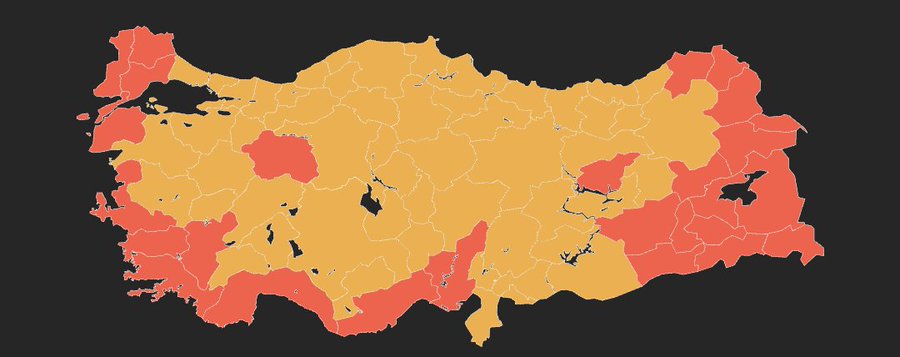
By Elijah J. Magnier:
The final results of Turkey’s parliamentary and presidential elections have confirmed that a run-off will be held on 28 May. Recep Tayyip Erdogan, the incumbent president, secured 49.51 per cent of the vote, a margin of less than half a per cent, or about four hundred thousand votes, out of fifty-eight million eligible voters. His main rival, Kemal Kilicdaroglu of the centre-left Republican People’s Party (CHP), won 44.88 per cent of the vote, while ultra-nationalist candidate Sinan Ogan took 5.17 per cent. Although President Erdogan won the parliamentary elections, he fell short of a majority among the 600 members of parliament. However, he holds a significant number of seats (321 MPs), which gives him an advantage over the opposition to form a workable coalition and maintain a parliamentary majority by allying with parties with fewer seats and independent candidates. This parliamentary majority will have an impact on the outcome of the second round of the presidential election.
Subscribe to get access
Read more of this content when you subscribe today.
One thought on “Erdogan is on course for victory in the expected second round”
Comments are closed.